To overcome this situation, the Law amending and supplementing a number of articles of the Law on Product and Goods Quality and the Law amending and supplementing a number of articles of the Law on Technical Standards and Regulations, drafted by the Ministry of Science and Technology, have recently been passed by the National Assembly. The new regulations, when officially put into effect, will help make products transparent, limit the widespread sale of fake food, and create trust among the people.
Businesses increasingly pay attention to stamps, labels, and barcodes.
Traceability is required
Mr. Ha Minh Hiep, Chairman of the National Committee for Standards, Metrology and Quality, Ministry of Science and Technology, said that the Law amending and supplementing a number of articles of the Law on Product and Goods Quality and the Law amending and supplementing a number of articles of the Law on Technical Standards and Regulations have provided many fundamental solutions to solve problems related to product and goods quality. According to Mr. Ha Minh Hiep, in the past, we managed according to the classification of goods into groups I and II, leading to high-risk products but the quality was declared by the enterprise, which is very dangerous.
The new law stipulates the classification of goods and products according to their risk level. This is also the method applied by most countries in the ASEAN bloc, requiring this group of goods to have a third-party assessment, not allowing businesses to self-assess. For the group of goods with medium to low risk, businesses can self-assess or use the results of third-party certification. "This time we are clear, high-risk products must be strictly managed," said Mr. Hiep.
In addition, the new laws also stipulate that all high-risk goods must have their origin traceable. This issue is being promoted by ministries, especially the Ministry of Public Security , the Ministry of Industry and Trade, and the Ministry of Science and Technology. Another solution in the law, according to Mr. Hiep, is to clearly establish the mechanism for assigning tasks, decentralizing management, and responsibilities among ministries, sectors, and localities. The Government will stipulate according to the principle that each product and commodity is only managed by one ministry or sector, and each subject is only subject to the regulation of one national technical regulation. This approach helps avoid overlap and improve management effectiveness and efficiency.
Another solution, according to the head of the National Committee for Standards, Metrology and Quality, is to strengthen the responsibility of enterprises throughout the supply chain, from standard announcement, traceability, information transparency to product recall and compensation for damages. Acts of quality fraud, false advertising, and trading in goods of unknown origin, especially in the digital environment, are strictly prohibited and will be severely punished.
Notably, the Law has added stronger sanctions for violations, including administrative sanctions, license revocation, criminal prosecution, and public disclosure of violation information on the national digital platform. In addition, Vietnam will build and operate a national database on quality measurement standards, connecting and sharing data between ministries, localities, customs, international warnings and consumer feedback. This mechanism will allow for early detection, timely warnings and quick handling of cases of goods that do not comply with standards and technical regulations.
People check the origin of products sold in supermarkets.
Standards are the direction of national development.
According to Mr. Le Xuan Dinh, Deputy Minister of Science and Technology, the revised Law on Standards and Technical Regulations sets out a very clear philosophy: Standards are the national development orientation to promote productivity, quality and innovation; standards are national protection barriers, protecting health, environment, security and technical sovereignty. In addition, a new point is that all national technical regulations (after these two laws come into effect) must be assessed for impact to see how the affected subjects respond. State agencies do not unilaterally impose in setting national technical regulations. This ensures compatibility, harmony, and balance of interests but must absolutely ensure safety.
In addition to the standards set forth by the Ministry of Science and Technology, the Ministry of Health has recently presided over the drafting of a decree amending and supplementing Decree 15/2018, which includes the control of product declarations. This agency believes that there are currently no regulations on the control of self-declared product records, leading to businesses self-declaring and self-classifying products that are not true to their nature, exaggerating their uses, or not complying with product quality. By the time they are discovered and inspected, the products have already been circulated and consumed. To remedy this, the Ministry of Health proposes that within 21 days from the date of receiving the self-declaration, if there are no written comments, the receiving agency will post the self-declaration records on the electronic information page or online public service system; businesses are entitled to manufacture and trade the products.
Every year, the receiving agency will develop a plan, collect samples to monitor the quality and safety indicators of products announced to be circulated on the market in order to promptly detect violations. The addition of regulations on product declaration is expected to be a "medicine" to treat the situation of fake food. While the self-protection skills of consumers are still limited, and we cannot rely on the self-awareness of all businesses, a technical barrier in terms of law will more or less increase the transparency and strictness of food production and trading activities.
Source: https://baolangson.vn/hang-rao-ky-thuat-moi-ngan-chan-hang-gia-hang-kem-chat-luong-5052766.html


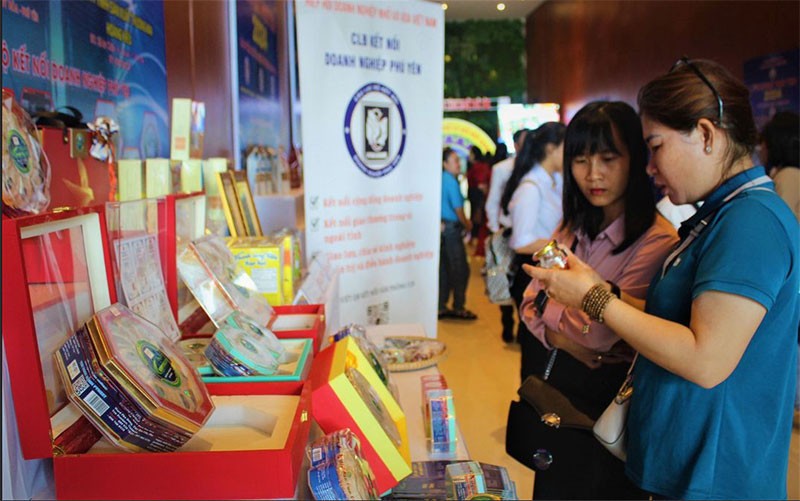
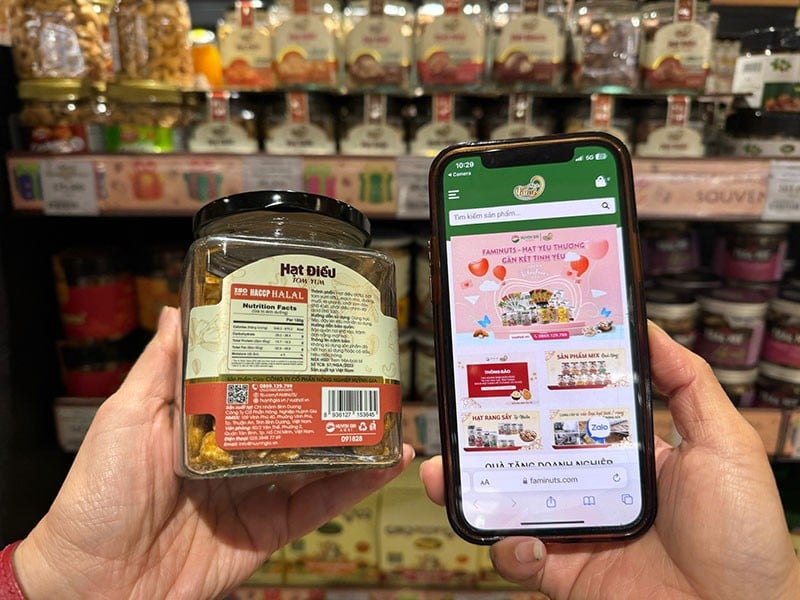

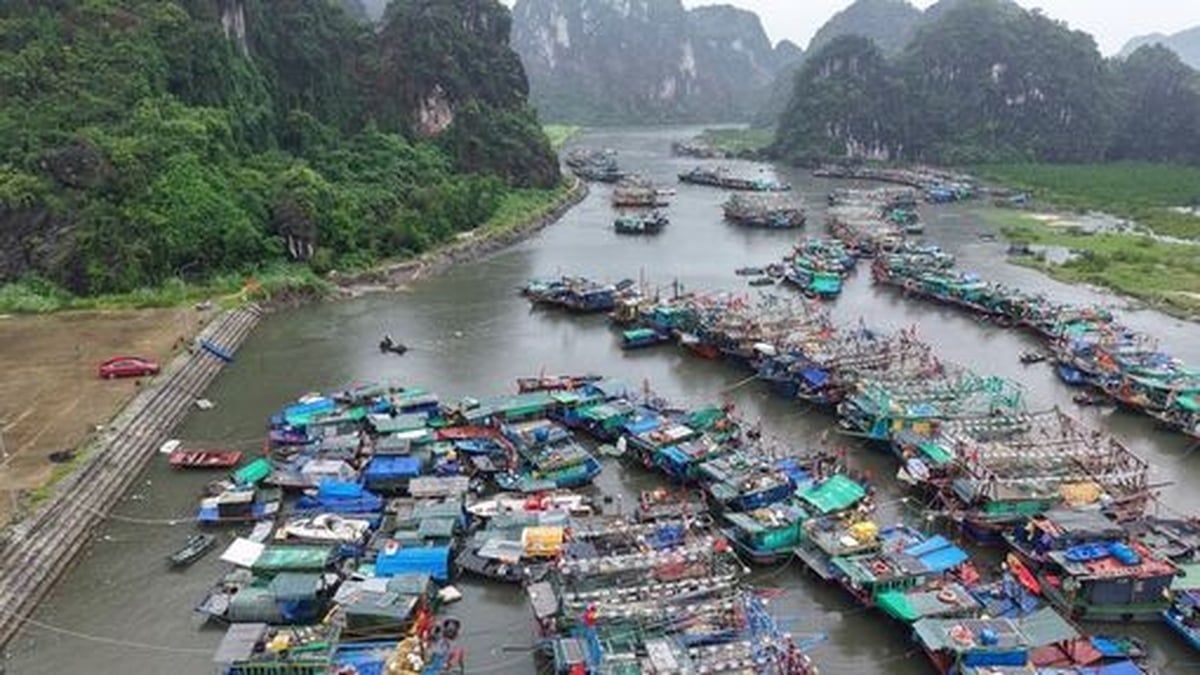


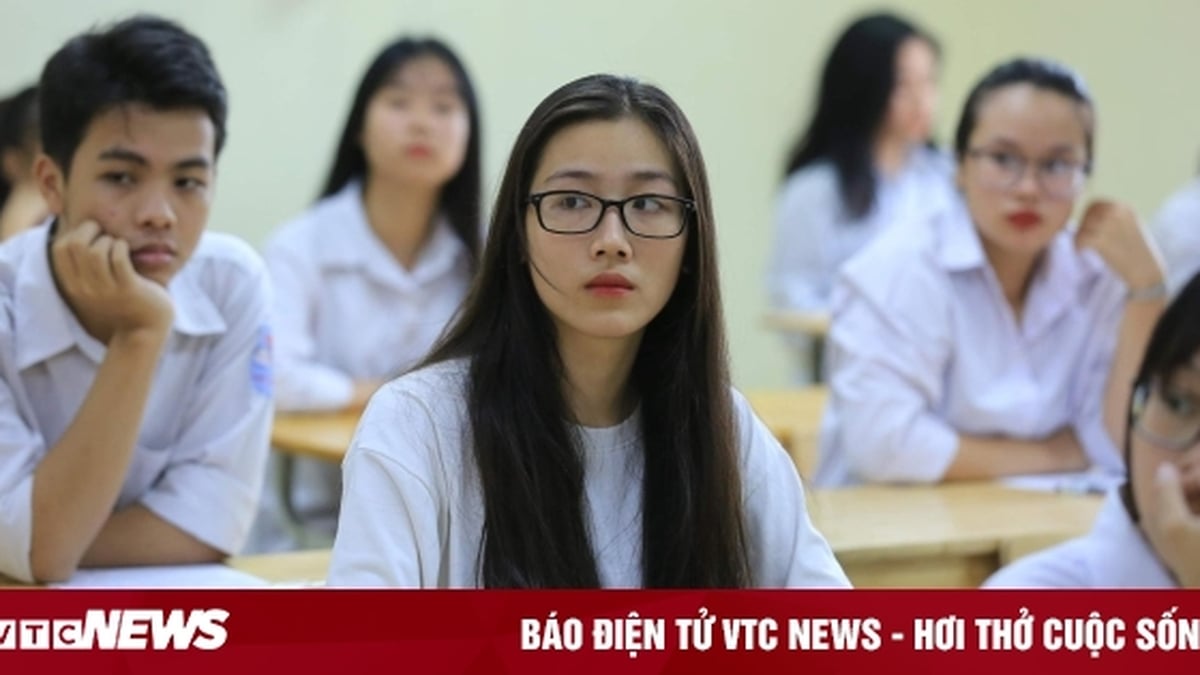

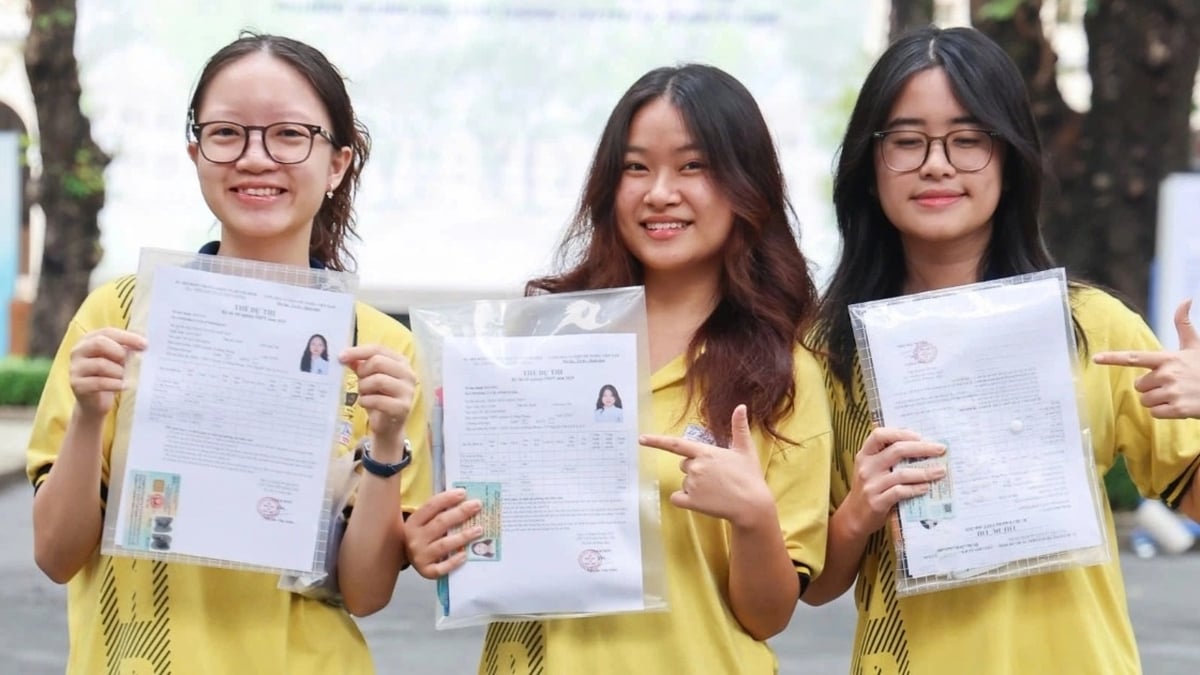





















![[Photo] National Assembly Chairman Tran Thanh Man visits Vietnamese Heroic Mother Ta Thi Tran](https://vphoto.vietnam.vn/thumb/1200x675/vietnam/resource/IMAGE/2025/7/20/765c0bd057dd44ad83ab89fe0255b783)















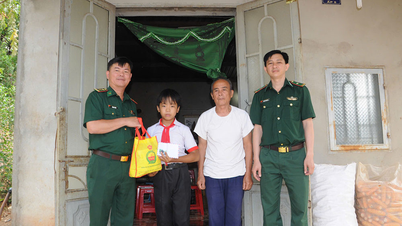


















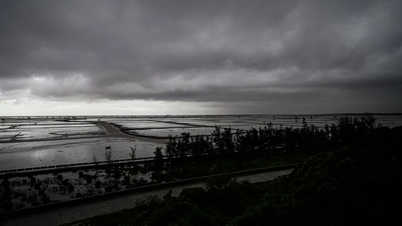

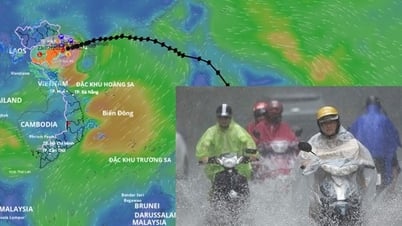

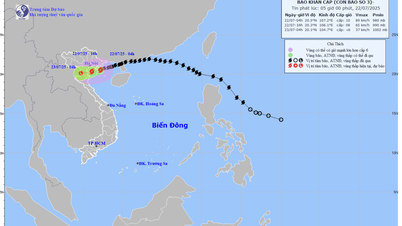

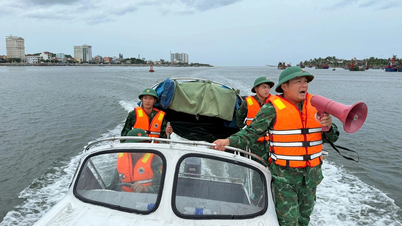

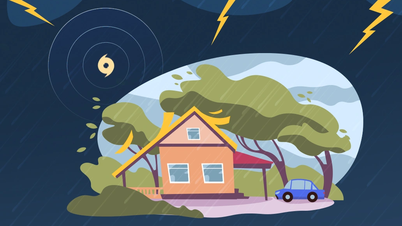




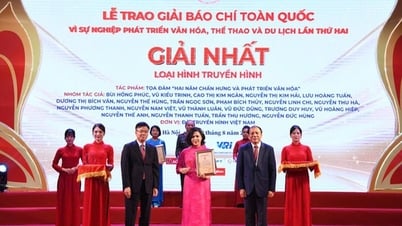


























Comment (0)